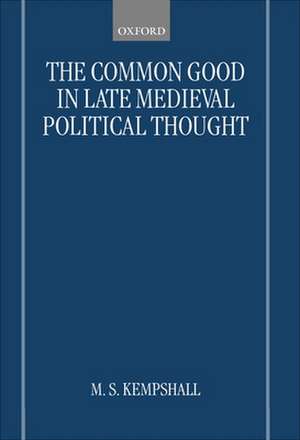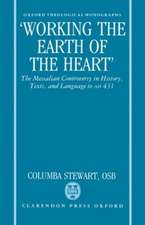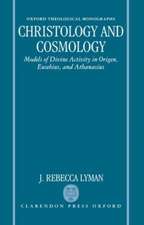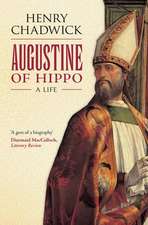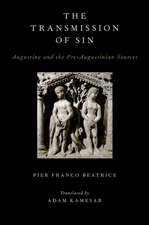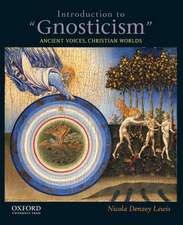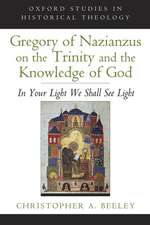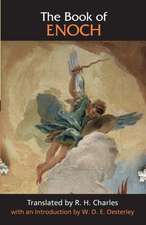The Common Good in Late Medieval Political Thought
Autor M. S. Kempshallen Limba Engleză Hardback – 19 mai 1999
Preț: 1421.55 lei
Preț vechi: 2161.36 lei
-34% Nou
Puncte Express: 2132
Preț estimativ în valută:
272.02€ • 284.72$ • 226.40£
272.02€ • 284.72$ • 226.40£
Carte tipărită la comandă
Livrare economică 19-25 martie
Preluare comenzi: 021 569.72.76
Specificații
ISBN-13: 9780198207160
ISBN-10: 0198207166
Pagini: 412
Dimensiuni: 162 x 242 x 27 mm
Greutate: 0.79 kg
Editura: OUP OXFORD
Colecția OUP Oxford
Locul publicării:Oxford, United Kingdom
ISBN-10: 0198207166
Pagini: 412
Dimensiuni: 162 x 242 x 27 mm
Greutate: 0.79 kg
Editura: OUP OXFORD
Colecția OUP Oxford
Locul publicării:Oxford, United Kingdom
Recenzii
This detailed analysis of the common good ... in scholastic philosophical and theological discourse throws critical light on the history of political ideas.
No historian of medieval political ideas can ignore so thoughrough and well-documented a case for the verdict that, in the author's closing words, 'the truely radical texts in scholastic politcal thought were provided, not by Aristotle, but by Augustine and the Bible'.
the book goes beyond context to provide an elaborate, difficult, but rewarding analysis of texts.
This new, magisterial study in medieval ecclesiastical and civil polity.. the author's ability to elucidate the complex philosophical thought of many of his chosen theologians is not the least impressive aspect of the book. For those who are not specialists in medieval studies, much of the interest of this book will lie in the way the author shows how attention to his central subject casts light upon some of the most vexing and disturbing questions of philosophy and theology.
A volume of considerable scholarship and intellectual force... the volume is an important contribution to understanding of the developmaent of scholastic ideas on political philosophy at a vital stage of their evolution.
So extensive and intimate is his understanding of the thought of late medieval Europe and so authoritative is his handlig of the texts that we are compelled to see the issues through the eyes of those who debated them... It is... fascinating for it brings to the reader's attention figures from the late Middle Ages who, perhaps, have not yet received the recognition they might have deserved.
No historian of medieval political ideas can ignore so thoughrough and well-documented a case for the verdict that, in the author's closing words, 'the truely radical texts in scholastic politcal thought were provided, not by Aristotle, but by Augustine and the Bible'.
the book goes beyond context to provide an elaborate, difficult, but rewarding analysis of texts.
This new, magisterial study in medieval ecclesiastical and civil polity.. the author's ability to elucidate the complex philosophical thought of many of his chosen theologians is not the least impressive aspect of the book. For those who are not specialists in medieval studies, much of the interest of this book will lie in the way the author shows how attention to his central subject casts light upon some of the most vexing and disturbing questions of philosophy and theology.
A volume of considerable scholarship and intellectual force... the volume is an important contribution to understanding of the developmaent of scholastic ideas on political philosophy at a vital stage of their evolution.
So extensive and intimate is his understanding of the thought of late medieval Europe and so authoritative is his handlig of the texts that we are compelled to see the issues through the eyes of those who debated them... It is... fascinating for it brings to the reader's attention figures from the late Middle Ages who, perhaps, have not yet received the recognition they might have deserved.
